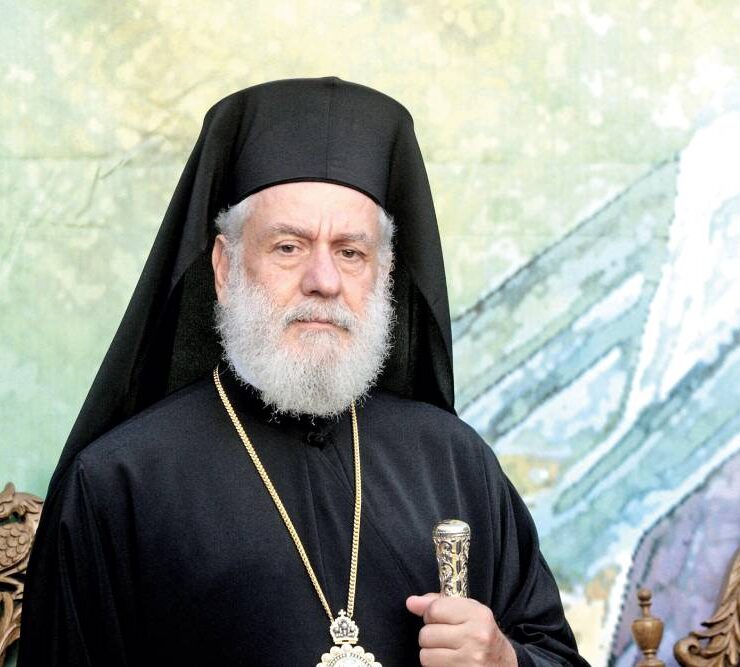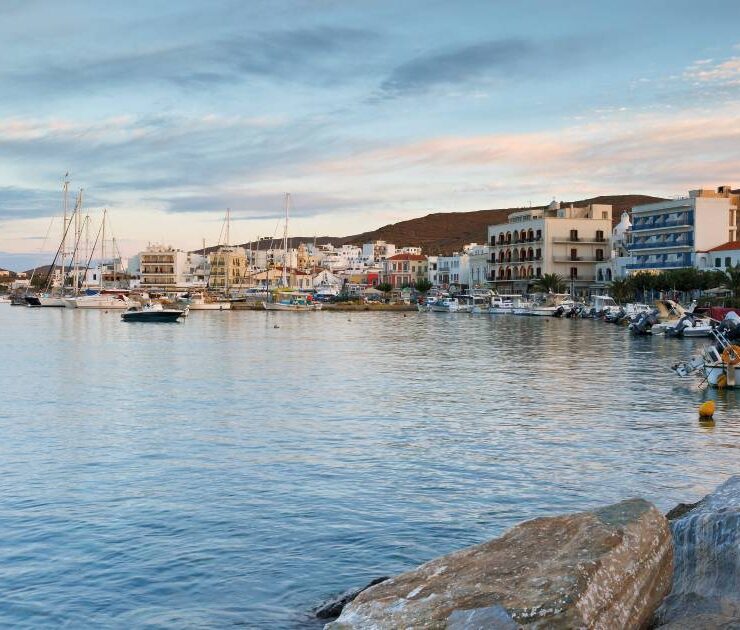The Two Cultures of Tinos Gastronomy
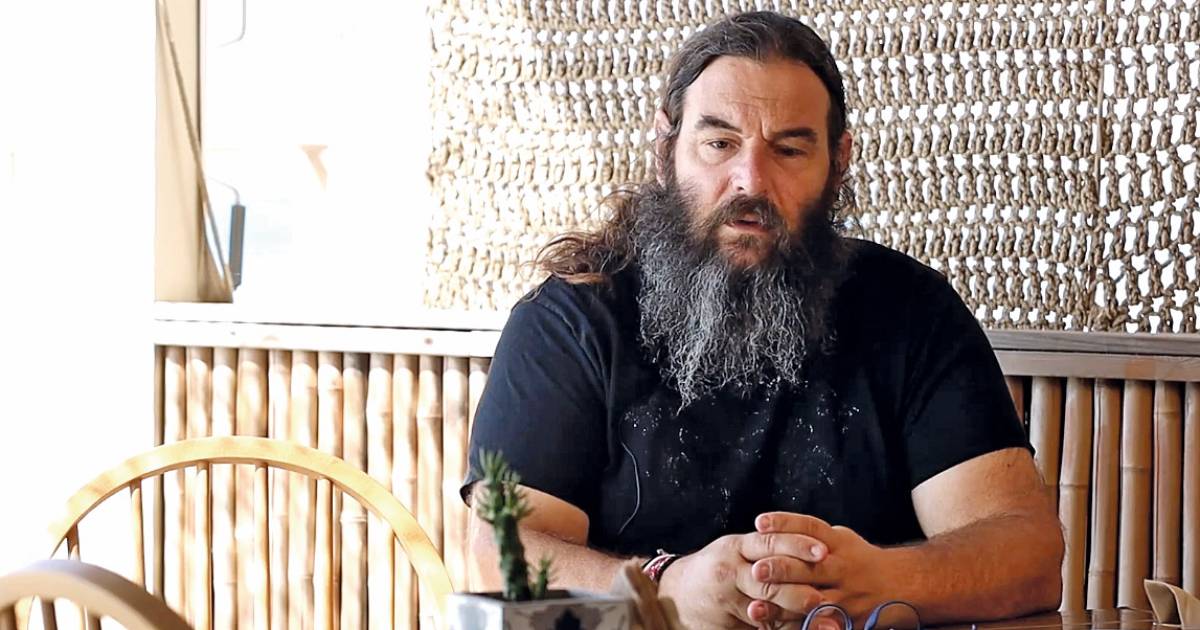
A conversation with Chef Marinos Souranis, Owner of the “Marathia” Restaurant, Agios Fokas Beach, Tinos
For at least a thousand years, two culinary cultures have converged on the island, the Western and the Eastern, along with the religious, which have shaped the island’s gastronomic culture. In contrast to the rest of Greece where ravioli is considered Italian, here it is a traditional dish. It dates back at least 800 years, before the Italians, during the time of the Franks and Venetians. Another example is arugula, which Orthodox Christians used to mock Catholics saying that it was only for donkeys.
Every village has its own specialties
“Kariki,” a blue cheese that resembles Roquefort cheese is believed to have its roots in Western Europe, Italy, and possibly England. This cheese matures in pumpkin shells, where a fungus grows. Until recently it was unknown outside of the villages Falatados and Steni and in recent years it has become more widely known. In some villages, usually Catholic ones, “saltsisi”, which comes from the Italian “salsiccia” is a type of air-dried sausage with a lot of garlic. The same sausage can be found in Orthodox villages, however, it lacks garlic and is slightly different. Small variations within the same place.
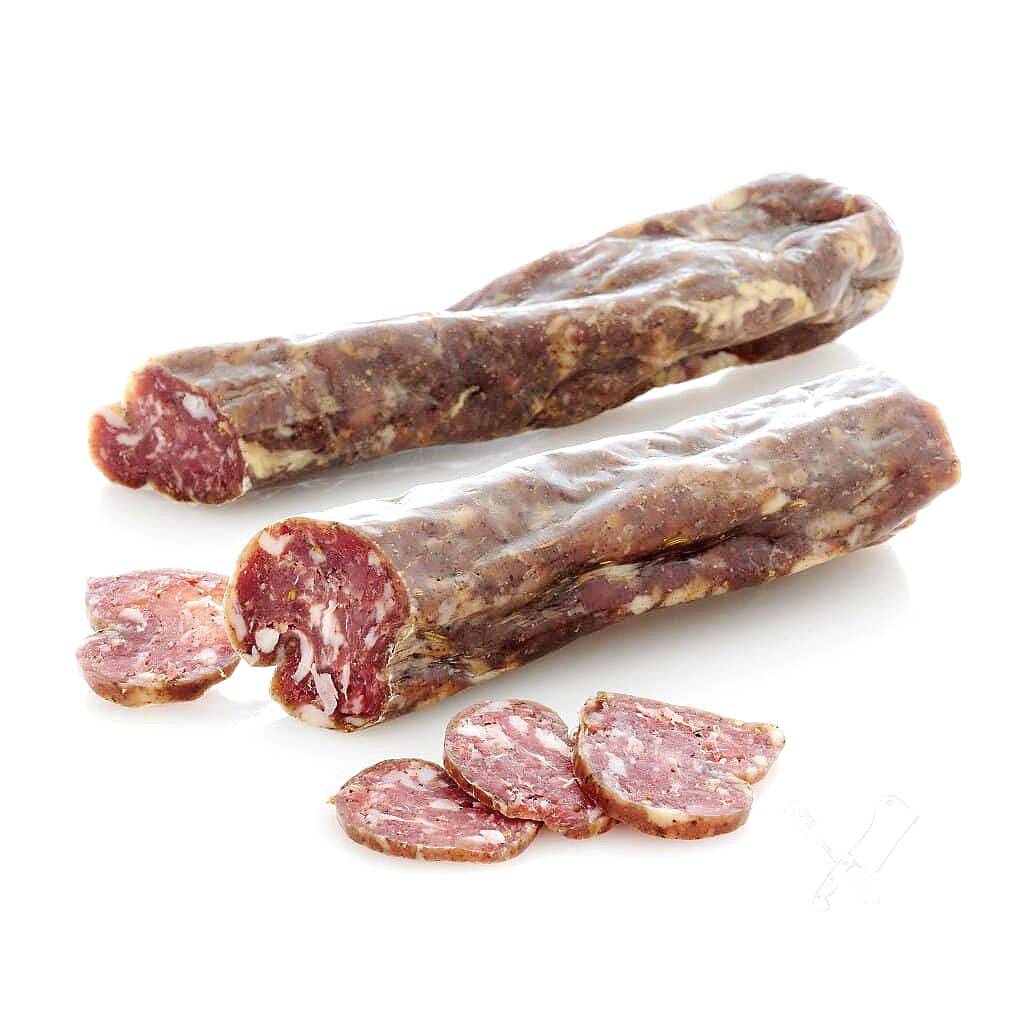
All of this contributes to a distinct gastronomic culture, which we started to promote approximately eight to ten years ago with Tinos Food Paths, a gastronomic festival, with the help of some professionals and the use of local ingredients. This provided a learning opportunity for restaurants and hotels that began making meals with products from Tinos, such as Tinos breakfast.
Two Traditional Tinos Dishes
A very simple dish is “froutalia,” which was more of a necessity for people working in the fields, and a more complex dish is pork with cabbage.
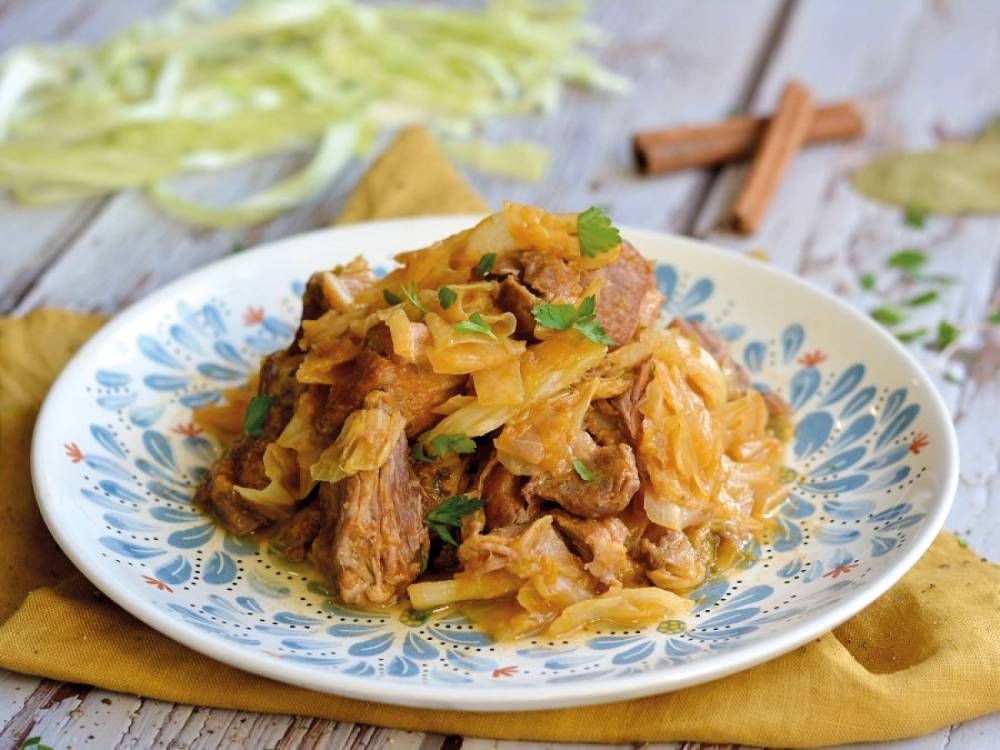
Pork with cabbage was prepared by Orthodox Christians on Christmas Day. Catholics, on the other hand, made a thick white fish soup, usually with cod or hake, on Christmas Day. Two different dishes for the same occasion. The dinner with the fish soup is called “Verbum caro factum est” (The Word of God Was Made Flesh).




